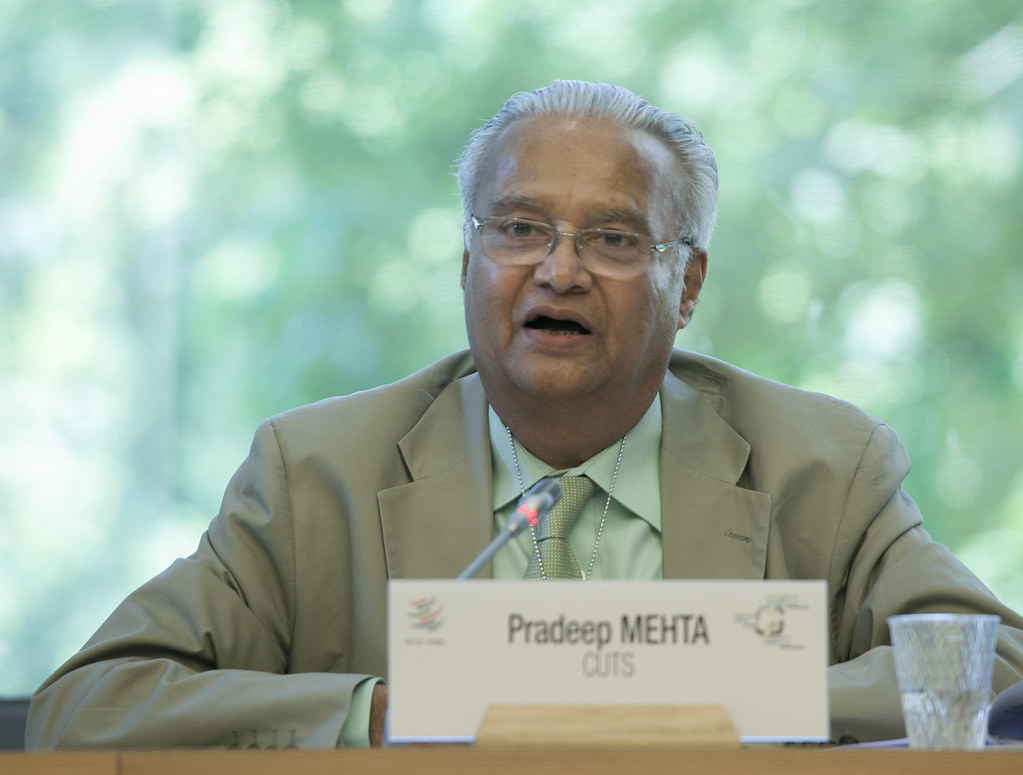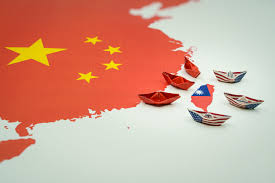Pradeep Mehta for safeguarding interests of consumers during COVID times

NEW DELHI: “It is important to always keep consumer interest as the backbone to any measures, especially during such unprecedented times,” said Secretary General, CUTS International Pradeep Mehta during a webinar on ‘Competition Enforcement for Business Collaborations during COVID-19’.
While addressing the participants during the webinar, Mehta said that these are unprecedented times, in all ways, and we must always keep at the back of our mind that who is getting the benefit – is it the consumers or the businesses?
Speaking during the webinar, Chair, OECD Competition Committee Frederic Jenny said that the lack of adjustment of demand and supply in the market has led to negative externalities on society. This has led to an understanding that certain collaborations between businesses have greater potential for efficiency, he added.
Eleanor Fox, Walter J. Derenberg Professor of Trade Regulation and New York University of Law, said that competition agencies must be sceptical in granting exemptions or relaxations. Rather, if agencies analyse what constitutes as ‘anti-competitive’ correctly, there will be no need to provide such relaxations, he stressed.
Global Competition Professor of Law and Policy, George Washington University Law School, William Kovacic highlighted that there is greater need to assess collaboration in a broader sense to mean exchange of practical information and know-how between competition agencies.
Meanwhile, Member, Competition Commission of Pakistan, Shaista Bano stated that the Commission is closely monitoring markets and business behaviour to curb any anti-competitive conduct. It was also highlighted that this pandemic has brought about several changes in the multilateral trading system, with a substantial increase in protectionist measures all over the world, she further said.
During the webinar, Executive Director, CUTS International Bipul Chatterjee highlighted the effects of the pandemic such as disruptions in supply chains and demand and supply shocks.











